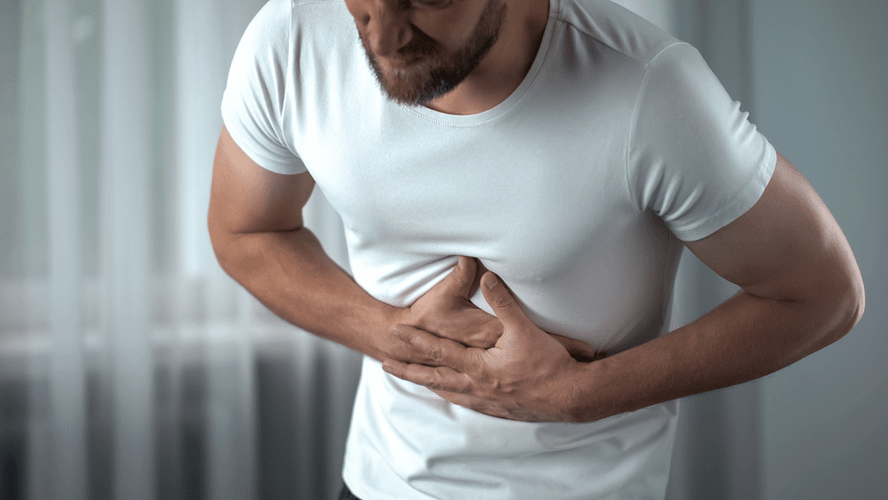Big Bounce America brings all-ages fun to New Castle area this summer
He opened victory programs, a group of facilities for young men’s sober living in Los Angeles. With this, he had a vision of helping men abstain from alcohol and drug dependence. To add, he wanted to transform their lifestyles and teach them life skills necessary to succeed. Colby is a graduate of the program and has been involved with the community for over four years. He is passionate about recovery and strives for helping anyone he comes in contact with find their own passion for their recovery and their lives. He’s had experience night managing at New Life East for 6 months as well as weekend managing at East for about 9 months as well.
See what our client’s and their families are saying
All of our houses offer various amenities for residents to enjoy in their free time. The recommended amount of time to remain in a sober living home is at least a year. This gives your loved one ample time to transform old behaviors and learn to stay sober. They build bonds with a healthy, supportive group of young men achieving the same goal. Living in this environment long-term increases their ability to stay sober once they return home. A sober living home in Vermont offers a balance between monitored structure and living in mainstream society.
A Reliable Sober Living in Los Angeles
Treatment includes counseling, mentorship, case management, parenting education, vocational education, and a recovery curriculum. Clients engage with their treatment through classes delivered in a highly structured environment. Our son entered the New Life Program at Miracle House fifteen months ago at the age of 35.
Group Therapy
We do this through the implementation of services such as life skills, partnered individualized therapy, and partnered holistic treatment. We believe that for your loved one to successfully recover, the process should be a partnership. Our family program structure is built to provide support, guidance, and education every step of the way. We also involve community healing by connecting families within the home to create a network of support and accountability. Our clinical partners, Clear Behavioral Health, provide outpatient substance abuse treatment programs including therapy and medication management for you to recover safely. Mercy House’s program helps women overcome addiction by overcoming the challenges that brought them to addiction by discovering God’s love.
- With a commitment to fostering positive change, David serves as a dedicated Business Development professional for New Life, a structured men’s recovery home.
- He’s had experience night managing at New Life East for 6 months as well as weekend managing at East for about 9 months as well.
- This can include sober living arrangements like halfway houses, career counseling, and setting a patient up with community programs like Alcoholics Anonymous (AA) or Narcotics Anonymous (NA).
At victory programs, we are dedicated to creating a safe and comfortable recovery environment for young men. Our Southern California sober living homes and community addresses all the behavioral issues fueled by addiction. To learn more about our programs and get started today, please visit our admissions page. At victory programs Recovery Community, we have built a treatment team that inspires hope and recovery among the young men who enter our sober living homes in Los Angeles, California. We also partner with professionals to provide clinical services for our program participants.
From Albuquerque, New Mexico, Robert came to https://sober-home.org/ in 2019 to seek treatment and has been committed to recovery since. Thereafter, Robert has had experience fostering recovery within the New Life and AA community in many different capacities. He strives to utilize this experience to create an environment conducive to long term success and sobriety.
Actor Kevin Spacey gets emotional speaking to Piers Morgan in a new interview about the fallout to his career and personal life from past sexual assault allegations. And all, said Dr. Itai Pessach, the head of the medical victory programs Review team for returning hostages at Sheba Medical Center, had suffered mistreatment in varying degrees of frequency and intensity. Have you or a loved one received treatment at New Life for Youth – The Mercy House?





